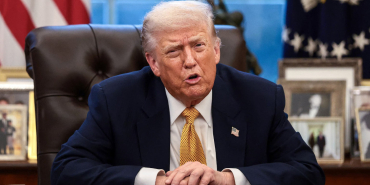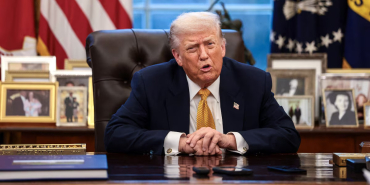Projected Changes to US Immigration Under Trump's Presidency

The anticipated return of Donald Trump to the presidency signals a key transformation in US immigration policy, with plans for immediate executive actions upon taking office.
The incoming administration aims to significantly reshape current policies by reversing several Biden-era initiatives, strengthening border enforcement, and resuming construction of the southern border wall. A central component of the proposed changes involves the dismantling of humanitarian entry programs established under the Biden administration. The temporary "parole" programs, which provided legal pathways and work authorization for qualifying migrants, face probable discontinuation. The administration also plans to phase out the current system allowing migrants to schedule border appointments through a mobile application.
The shift extends beyond border policies to interior enforcement strategies. While the Biden administration prioritized deportation of individuals with serious criminal records, the incoming administration intends to broaden enforcement scope. Immigration officers are expected to receive expanded authority to apprehend unauthorized immigrants encountered during operations, with particular focus on those with felony convictions and exhausted legal options. To facilitate border security measures, Trump is expected to invoke emergency powers, enabling the allocation of funds for border wall construction.
This may be complemented by National Guard deployment along the southern border. Recent data indicates a notable decrease in illegal crossings, attributed to enhanced Mexican enforcement efforts and stricter border policies following significant increases during the Biden presidency. Current statistics from the American Immigration Council indicate over one million immigrants face standing deportation orders after exhausting legal remedies. The Department of Homeland Security's 2022 report cited approximately 11 million unauthorized immigrants residing in the United States, a figure believed to have grown since then.
The new administration may implement measures encouraging voluntary departure among these populations and those with expired status. These anticipated policy changes are likely to face legal challenges, with immigration advocacy organizations and legal entities preparing to scrutinize and contest the new measures. For individuals navigating these potential changes, immigration law experts continue to emphasize the importance of professional guidance.














Add new comment